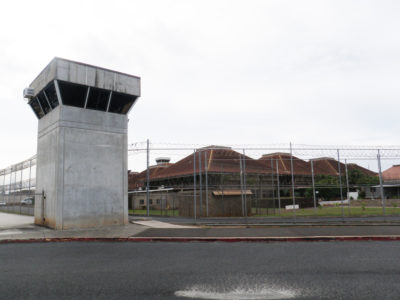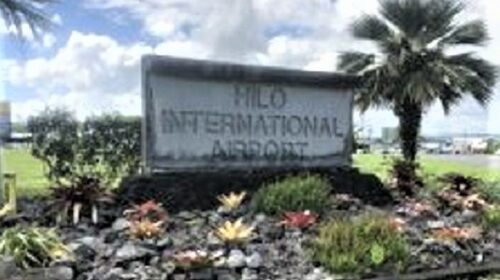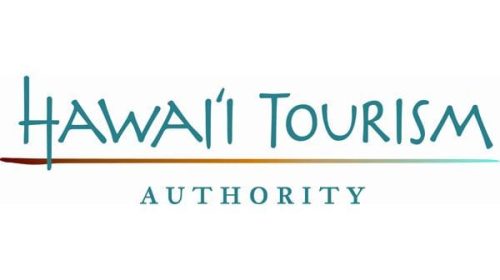Hawaii COVID vaccine for jails and prisons
Last week, the ACLU of Hawaiʻi sent a letter to Governor Ige, Lt. Governor Green, Department of Health Director Char, and Department of Public Safety Director Otani asking them to clarify that people in jail and prison who meet the criteria to receive the Hawaii COVID vaccine under Phase 1 of the State’s vaccination plan will be able to receive the vaccine during that phase.
The letter states:
Hawaii’s draft vaccination plan (the “Vaccination Plan”) provides that during Stage 1 of the vaccine rollout the following groups of people receive the vaccine first: (1) frontline healthcare workers, (2) first responders, (3) “[p]eople of all ages with comorbid and underlying conditions that put them at significantly higher risk,” and (4) “[a]dults aged 65 and older living in congregate or overcrowded settings.”
With potential delays for the distribution of the vaccine2 and COVID still running rampant in jails and prisons,3 we are concerned that the Vaccination Plan will not be applied consistently and will effectively ignore the lives of people in jail and prison in Hawaiʻi as well as people in the custody and care of the State at the Saguaro Correctional Center in Arizona.
We write to ask you to clarify that— consistent with the State’s own Vaccination Plan—all Hawaiʻi residents with underlying health conditions or aged 65 and older living in congregate, overcrowded settings—such as prisons and jails—and who qualify to be vaccinated under the Vaccination Plan, be able to receive the vaccine without regard to whether they are incarcerated or not.
All of Hawaii’s largest COVID-19 clusters have been jails and prisons. Since August 2020, 1,809 incarcerated people and 190 correctional staff have contracted COVID-19 with at least three people dying with the disease.5 With around 4,100 people behind bars at any given point,6 this likely constitutes a higher infection rate than that for anyone else receiving the vaccine. Such high rate—which has a disparate impact on people of color, including Native Hawaiians and Pacific Islanders—exists in spite of inconsistent and infrequent testing at correctional facilities.
Since the beginning of the COVID pandemic, the ACLU of Hawaiʻi, our Smart Justice Campaign, advocates, and family members of incarcerated loved ones have been calling on you to do everything in your power to save the lives of incarcerated people. Nearly 2,000 infections and three COVID-related deaths later, we continue to hear that the safety and health conditions for people inside prison and jail have not significantly improved.
While we appreciate that correctional facilities are part of Stage 2 of the Vaccination Plan, given the delays in the distribution of the vaccine and the sheer size of the group of people that will be vaccinated during that stage, we are concerned that delays in vaccinating incarcerated people at high risk for COVID-related complications may very well cost many more additional lives.
There are strong constitutional, humanitarian, moral, public health, and legal reasons for treating people in prison the same as others under the Vaccination Plan, but we do not want to jump to conclusions as the State rolls out a plan it calls a “living document.”8 For now, we only ask that the State clarify that the Vaccination Plan will be applied in a consistent and equal manner so that people in jail and prison will have the same opportunity to receive the life-saving vaccine during Phase 1 as other similarly situated people.
The letter ended inviting the government official to further discuss the matter.




